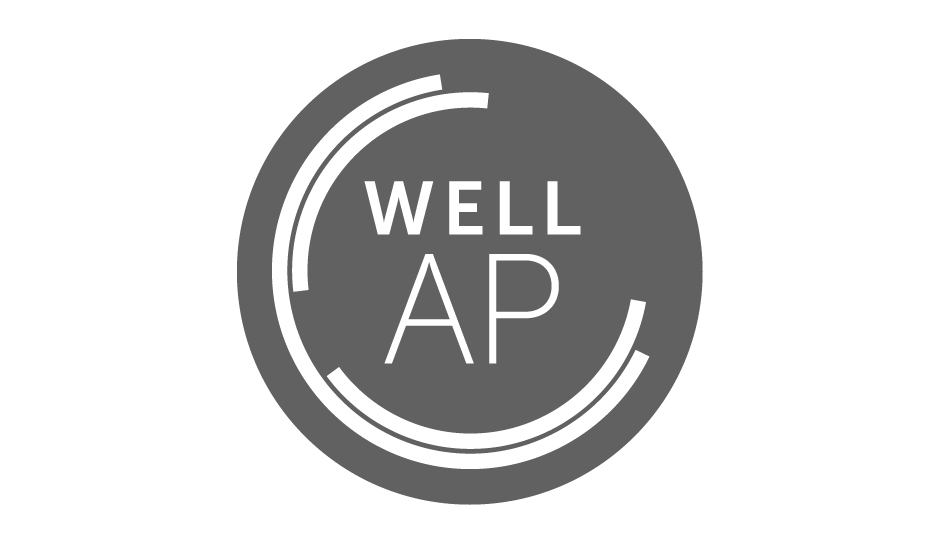
Denise Santini Achieves WELL AP Certification
The WELL Building Standard is “an evidence based system for measuring, certifying and monitoring the performance of building features that impact health and well-being.” www.wellcertified.com
The WELL Building Standard Version 1.0 was designed for commercial and institutional buildings, specifically Core and Shell, New and Existing Interiors, and New and Existing Buildings. There are many pilot programs also underway for other typologies, such as: Education, Residential Multi-Family, Retail, Restaurants and Commercial Kitchens.
WELL AP is a reasonably new certification, which makes Santini’s achievement all the more exciting. This is truly the cutting edge of the industry.
The WELL Building Standard is comprised of preconditions and optimizations, categorized under seven core concepts, that are to be achieved to garner silver, gold, or platinum certification.
These seven concepts as listed on wellcertified.com are:
Air: achieving air quality through reduction of contaminants, carbon monoxide, and bans on smoking throughout the building and site.
Water: increase accessibility to clean water through filtration and treatment. Have water access point strategically placed.
Nourishment: encourage healthy eating habits and access to fresh fruits, vegetables, and healthy food choices.
Light: emphasis on natural light, so as not to disrupt the body’s circadian rhythm.
Fitness: utilize building design technologies and knowledge-based strategies to encourage physical activity.
Comfort: create an indoor environment that is distraction-free, productive, and soothing.
Mind: supporting mental and emotional health through design elements, relaxation spaces, and state-of-the-art technology.
“There is a lot of cross between the concepts as well, for instance: there is something that you might incorporate in the mind concept that will impact a feature in the air concept. You really have to understand the underlying concepts and the synergy between them all.” Santini said after passing the examination.
Santini also highlighted that the concepts that make up the WELL Building Standard are features that she and the Red Studio team have been practicing since the beginning.
“When (husband and fellow Red Studio Principal Antonio Santini) were graduate students, we were research assistants with Tang Lee, Canada’s foremost expert in Canada on indoor air quality”. Santini said their research with Tang Lee on Health in the Built Environment was prepared for the Vital Signs Initiative sponsored by the Centre for The Built Environment at UC Berkeley and published in 1995.
We at Red Studio look forward to highlighting future projects that are WELL certified.